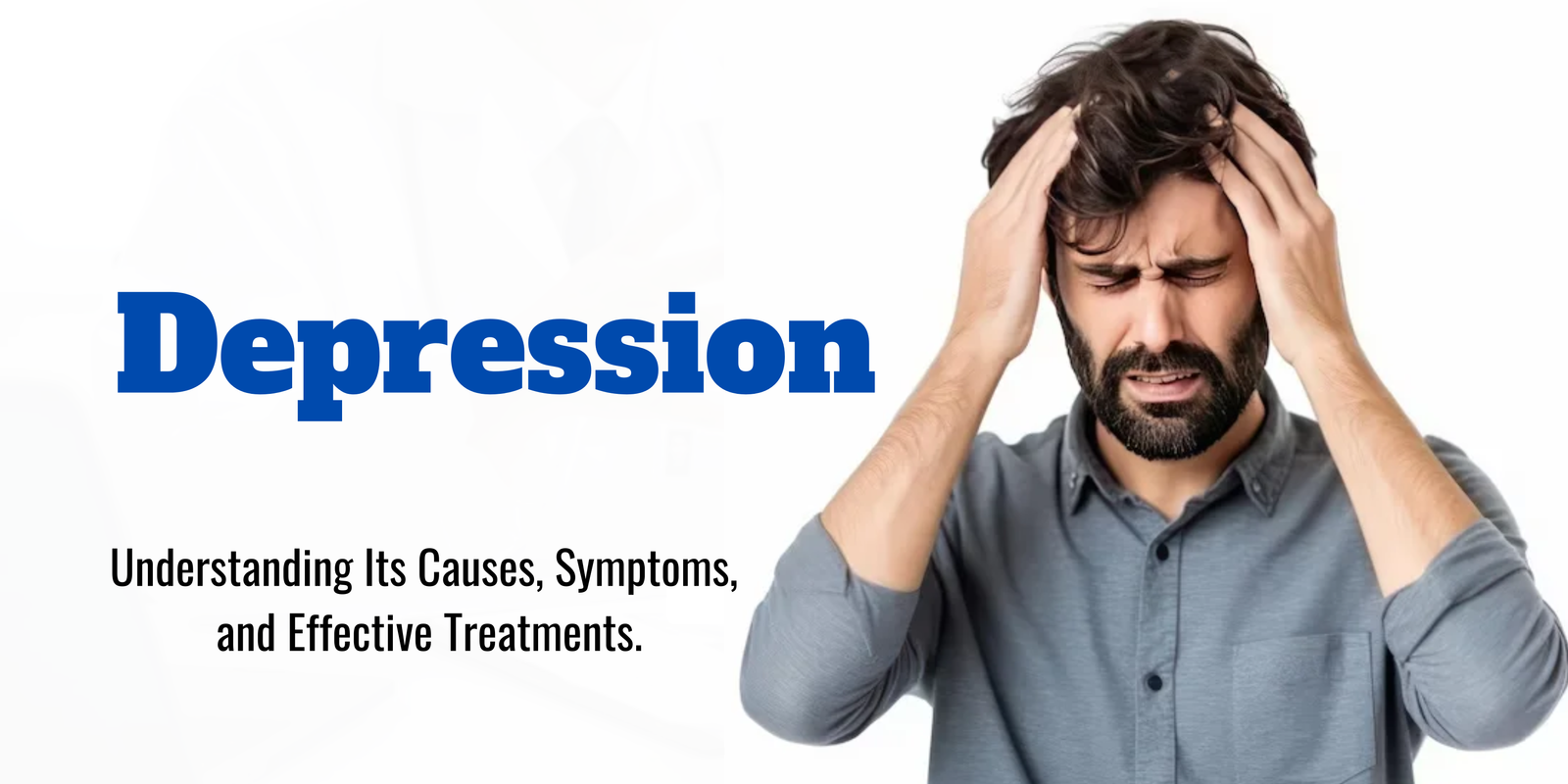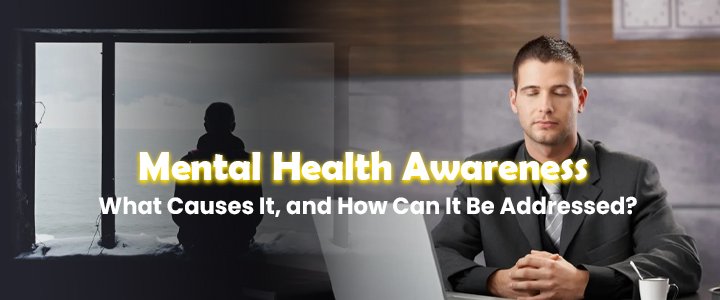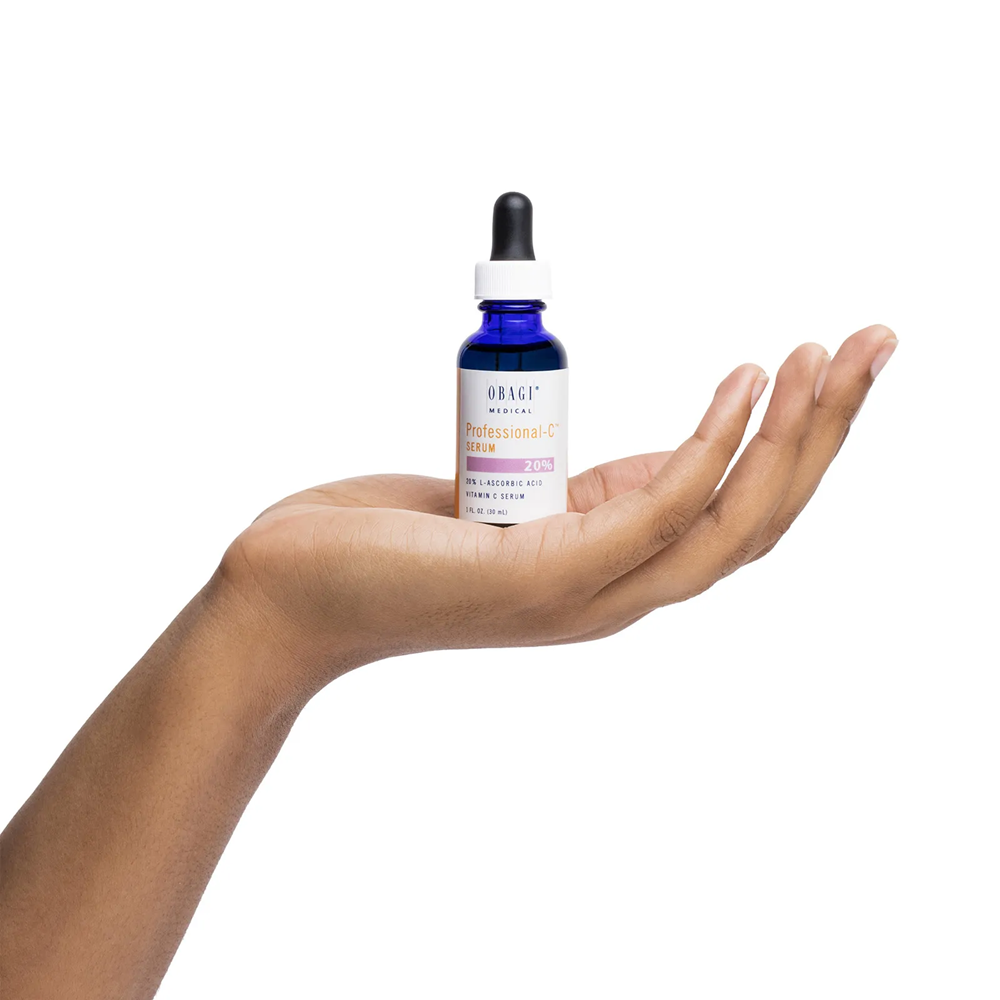
introduction
Depression is a common mental health condition that affects millions of people worldwide. It is more than just feeling sad or having a bad day; it is a serious illness that impacts how a person thinks, feels, and functions in daily life. Depression can make even simple tasks feel overwhelming and can lead to long-lasting emotional and physical challenges if not treated effectively.
Understanding its causes, symptoms, and effective treatments is essential for managing this condition and improving overall well-being. In this article, we will explore what depression is, the factors that contribute to it, the warning signs to look out for, and the best treatment options available
What Is Depression?
Depression, also called major depressive disorder, is a medical condition that impacts your emotions, behavior, and physical health. It can affect people of all ages and backgrounds. While occasional sadness is normal, depression is a long-lasting condition that requires attention and care.

Common Causes of Depression
Depression is a common mental health condition that affects millions of people worldwide. Understanding the causes of depression can help you recognize the factors that contribute to it and seek appropriate help. Here are some of the most common causes of depression:
1. Genetics and Family History
If depression runs in your family, you might be more likely to experience it. Research shows that certain genetic traits can increase your risk of developing depression.

2. Chemical Imbalance in the Brain
Depression is often linked to imbalances in brain chemicals like serotonin, dopamine, and norepinephrine. These chemicals affect mood, energy, and overall emotional health.

3. Traumatic Life Events
Trauma, such as abuse, loss of a loved one, or a serious accident, can lead to depression. The emotional impact of such events often lingers long after the incident.

4. Chronic Stress
Prolonged stress, whether from work, relationships, or financial difficulties, can overwhelm your ability to cope and trigger depression.

5. Medical Conditions
Certain illnesses, such as chronic pain, thyroid disorders, or neurological conditions, are linked to depression. Living with these conditions can take a toll on mental health.

6. Substance Abuse
Alcohol and drug misuse can alter brain chemistry and increase the risk of depression. Additionally, substance abuse can worsen existing depressive symptoms.

7. Lack of Social Support
Feeling isolated or lacking a strong support system can make it harder to cope with life’s challenges, increasing the likelihood of depression.

8. Hormonal Changes
Hormonal shifts, such as those during pregnancy, postpartum, menopause, or thyroid issues, can affect mood and lead to depression.

9. Unhealthy Lifestyle
Poor sleep, an unhealthy diet, and a lack of exercise can contribute to depression. A sedentary lifestyle can exacerbate feelings of sadness and fatigue.

Symptoms of Depression
Depression is more than just feeling sad. It’s a mental health condition that affects how you think, feel, and act. Recognizing the symptoms of depression is important for seeking the right help. Here are the most common symptoms of depression:
1. Persistent Sadness or Low Mood
Feeling sad, empty, or hopeless most of the time is a hallmark symptom of depression. This feeling often lasts for weeks or longer.

2. Loss of Interest or Pleasure
People with depression may lose interest in hobbies, social activities, or anything they once enjoyed.

3. Fatigue or Low Energy
Depression can drain your energy, making even small tasks feel exhausting.

4. Sleep Problems
Depression can lead to insomnia (trouble sleeping) or hypersomnia (excessive sleeping).

5. Changes in Appetite or Weight
People with depression might overeat or lose their appetite, leading to significant weight changes.

6. Difficulty Concentrating
Depression can make it hard to focus, remember things, or make decisions.

7. Feelings of Guilt or Worthlessness
Excessive guilt or self-blame, even over minor issues, is a common symptom of depression.

8. Irritability or Restlessness
Some people with depression feel unusually irritable, anxious, or restless.

9. Physical Aches and Pains
Unexplained headaches, back pain, or stomach issues can also be linked to depression.

10. Thoughts of Death or Suicide
In severe cases, depression may lead to thoughts of self-harm or suicide. If you or someone you know feels this way, seek immediate professional help.

Effective Treatments for Depression
Depression is treatable, and there are many ways to improve mental health and well-being. Here are the most effective treatments for depression:
1. Therapy
Therapies like Cognitive Behavioral Therapy (CBT) help identify negative thought patterns and develop healthier ways to cope.

2. Medication
Antidepressants, such as SSRIs, are commonly prescribed to balance brain chemicals that affect mood. Always consult a doctor for proper guidance.

3. Lifestyle Changes
Regular exercise, a balanced diet, and sufficient sleep can significantly improve mood and energy levels.

4. Mindfulness and Relaxation Techniques
Practices like meditation, yoga, or deep breathing can reduce stress and promote emotional balance.

5. Support Groups
Talking to others who understand what you’re going through can provide comfort and reduce isolation.

6. Electroconvulsive Therapy (ECT)
For severe cases that don’t respond to other treatments, ECT may be recommended under professional care.

7. Alternative Therapies
Acupuncture, art therapy, or light therapy can be helpful for some individuals, especially when combined with other treatments.

8. Seek Professional Help Early
If you suspect depression, consult a mental health professional to create a personalized treatment plan. Early intervention can prevent symptoms from worsening.

When to Seek Help?
Knowing when to seek help for mental health concerns is crucial for early intervention and effective treatment. If you’re experiencing symptoms of depression, it’s important to act sooner rather than later. Here are some signs that indicate it might be time to seek help:
1. Persistent Symptoms
If you’ve been feeling depressed for weeks or months without improvement, it’s time to seek help. Long-term depression can have a significant impact on your well-being and quality of life.

2. Inability to Function
If depression is affecting your ability to work, socialize, or take care of daily responsibilities, it’s a sign you need support.

3. Physical Symptoms
Depression can cause physical problems like chronic pain, headaches, or stomach issues. If these symptoms are linked to emotional distress, it’s a good idea to talk to a healthcare professional.

4. Thoughts of Self-Harm or Suicide
If you’re having thoughts of self-harm or suicide, seek immediate help. These thoughts are serious and require prompt attention.

5. Difficulty Finding Joy
If you’ve lost interest in activities you once enjoyed, or feel numb to everything around you, it might be time to talk to a therapist or doctor.

6. Difficulty Managing Emotions
If you’re feeling overwhelmed, irritable, or unable to control your emotions, reaching out for help can guide you through this challenging time.

7. Concern from Family or Friends
Sometimes, loved ones may notice changes in your mood or behavior before you do. If someone you trust suggests seeking help, consider their concern seriously.

Conclusion for Depression
Depression is a serious but treatable mental health condition. Understanding its symptoms, causes, and treatments can empower you to take action. If you’re experiencing persistent sadness, loss of interest, or difficulty functioning, it’s essential to recognize when to seek help. Early intervention can make a significant difference in recovery.
Effective treatments for depression, including therapy, medication, and lifestyle changes, provide hope and support for those affected. Remember, you are not alone—help is always available. Reaching out to a mental health professional is a crucial step toward feeling better and regaining control of your life.







